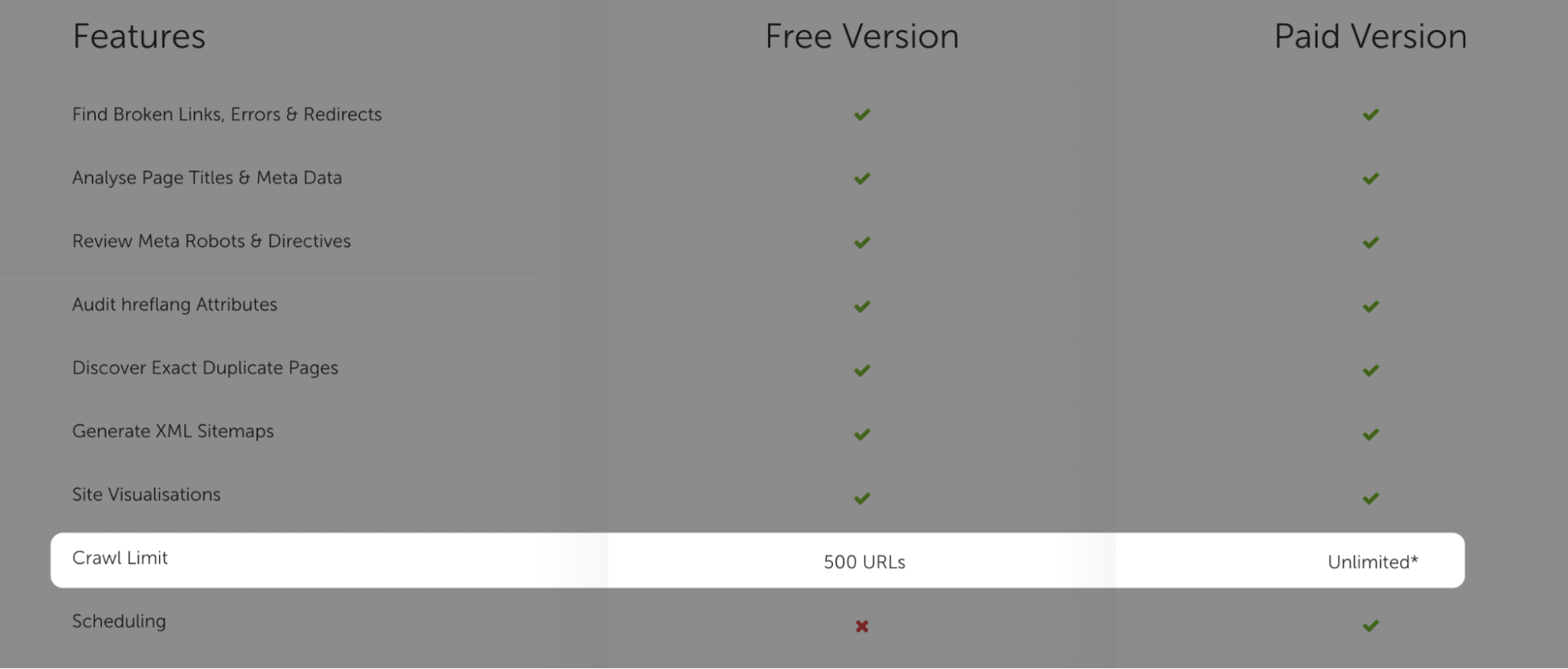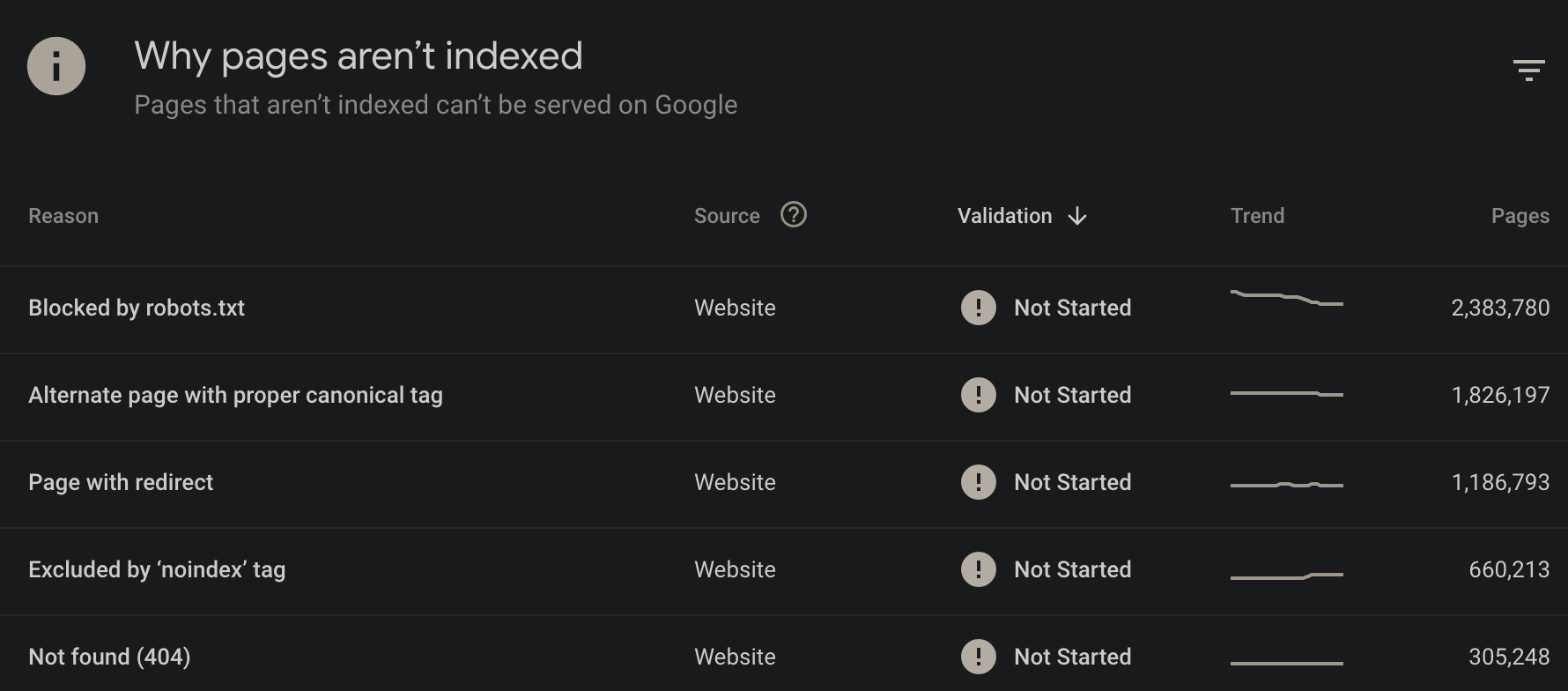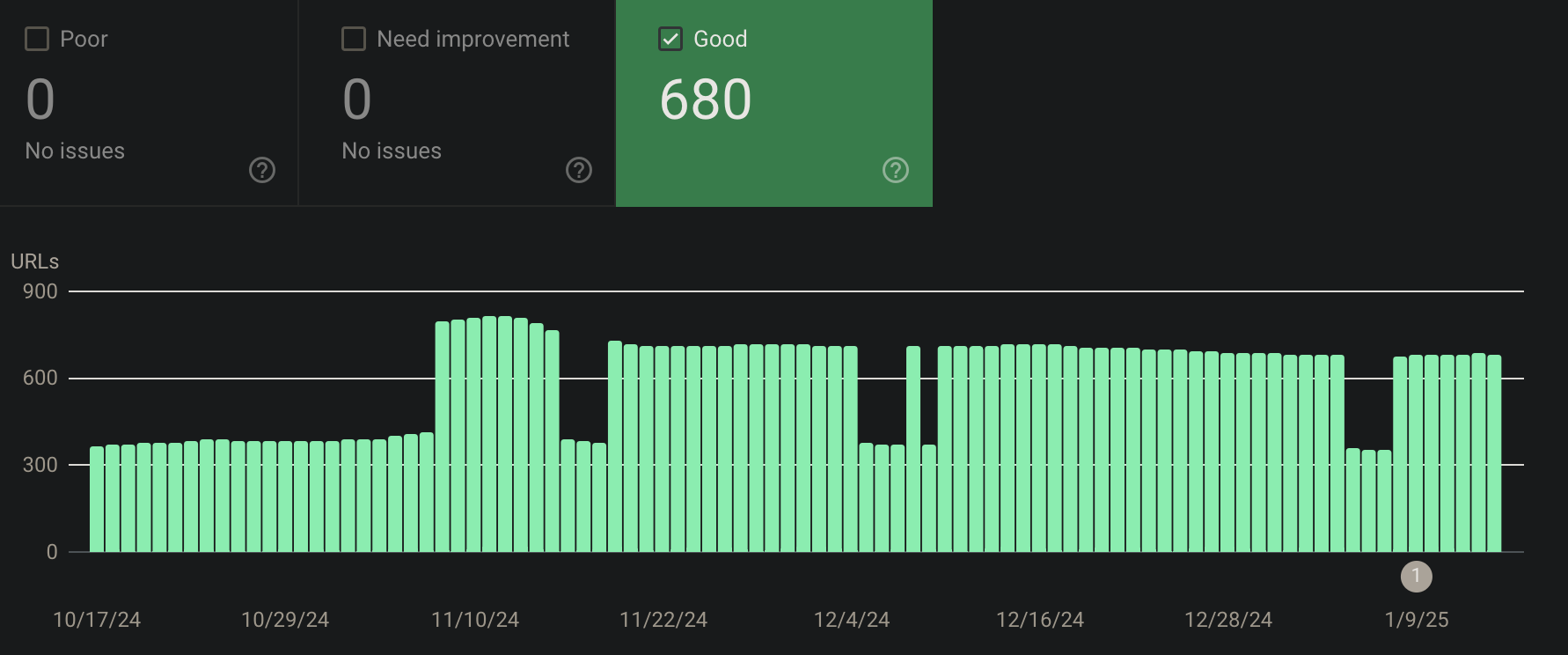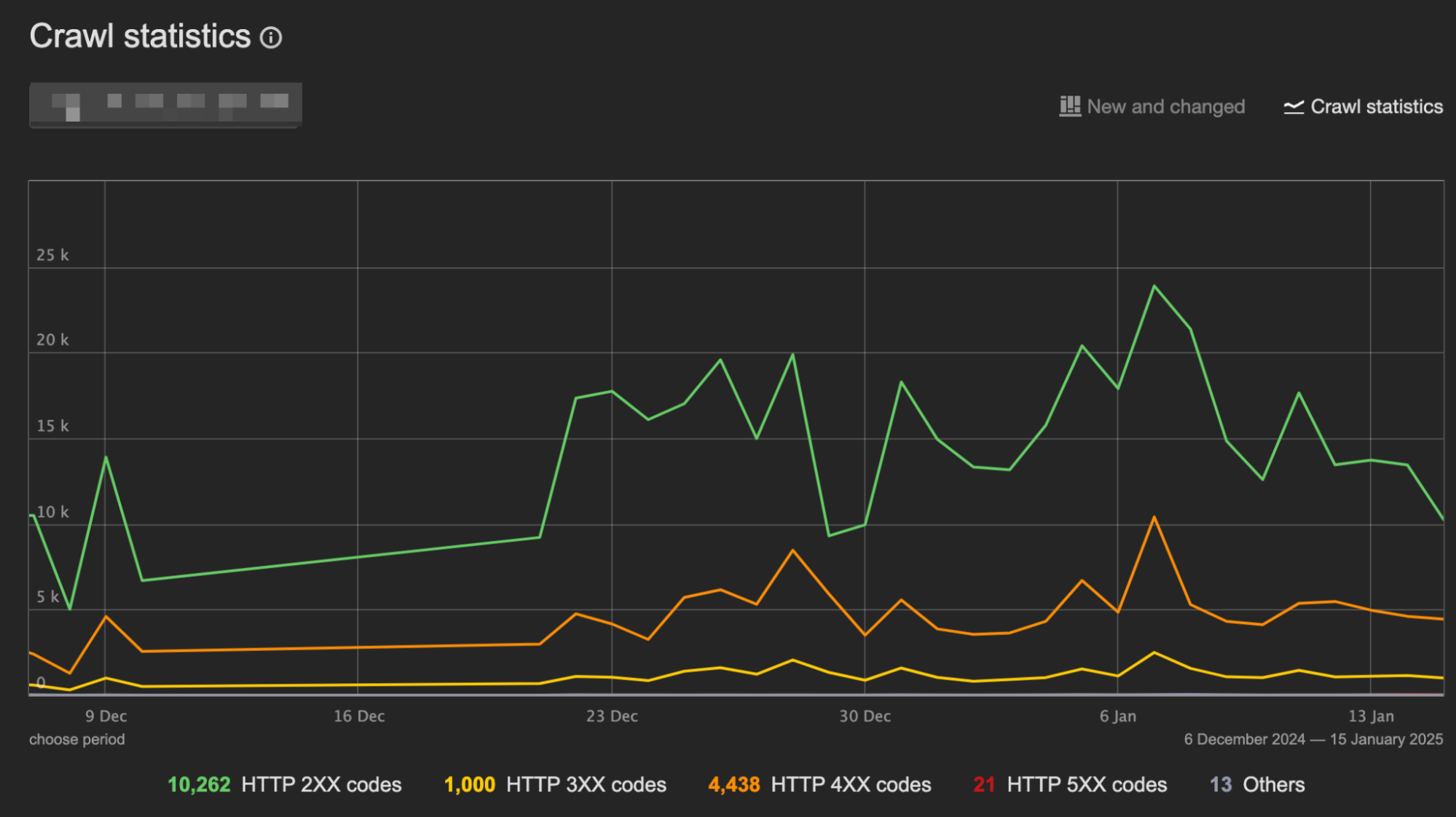How to Create a Successful SEO Strategy with Limited Resources?
Expenses are always crucial for businesses, whether large or small. In this article, I will share my insights on how to shape an SEO strategy when you have limited resources.
Watching SEO case study videos or reading analyses of globally renowned brands can sometimes feel discouraging if you lack the budget or resources they have. However, this should never deter you! After all, there’s a competitive landscape waiting for you within an algorithm that no one fully understands. Even with a small budget, achieving a high return on investment (ROI) is far from a dream. Let’s dive into the details together.
1. Time Management
Small businesses often deal with various channels, leaving limited time for SEO. However, creating an effective SEO strategy requires dedicated time, so you must prioritize this. Learn how to manage your time effectively, as this won’t require any additional cost. Remember that expecting quick success with limited resources may not be realistic.
2. Alternative & Affordable SEO Tools
The main focus of this article is limited resources, so consider using SEO tools that are as affordable or alternative as possible. Additionally, you can take advantage of the free versions of some tools for a limited time. For instance, Screaming Frog allows you to crawl your website for free with a limit of 500 URLs.

Make sure to explore alternatives as well. Some tools may offer features that are unnecessary for your needs. For example, if your website consists of only 100 pages, do you need a log analysis module? Such extra features, like log analysis, often come with additional costs. You can create an SEO tools price comparison chart tailored to your specific needs, as shown below:
|
SEO Tool |
Pricing |
|
€119/Monthly |
|
|
Up to 500 URLs for free. |
|
|
$139.95/Monthly |
|
|
$47/Monthly |
|
|
$79/Monthly |
|
|
$199/Monthly |
|
|
€46.99/Monthly |
3. Google Search Console
In the table above, I’ve provided some examples of paid tools. However, Google Search Console is a free tool that provides a wealth of data. Be sure to set it up and start collecting data immediately. You can use the technical SEO data available here for free, or track how people are searching for you through the performance reports:

Tired of reading?
You can also listen to this blog post as a podcast we created with Google NotebookLM on Spotify.
4. SEO Audit
If your budget doesn’t allow for monthly SEO consultancy, you can search for someone or an agency that can perform a comprehensive SEO audit from A to Z. This way, you can identify your website’s weaknesses from an expert and have an SEO checklist to guide you on solutions. My recommendation for keeping costs down would be not to opt for 3-4 hours of consultancy per month. Trust me, this won’t bring much value. With an SEO audit, you can identify all technical issues on your site, clearly spot content problems, and, if applicable, analyze your backlink profile.

5. What Are Your Strengths?
You may not have extensive knowledge of SEO practices, but perhaps your back-end and front-end development teams are highly skilled. This can turn into a significant advantage. If your graphic design or outreach efforts are stronger, create awareness in these areas and incorporate them into your SEO strategy, despite your limited resources.

For example, you could improve Core Web Vitals metrics or take steps to naturally acquire backlinks to your site. By enhancing your visual designs and creating unique infographics, you can earn backlinks. If you have sponsoring brands or other partnerships, consider obtaining links from them. All of these are aspects outside of SEO that can still contribute to your site’s overall performance.
6. Prioritization
In SEO work, there is always a lot to be done. In this situation, you may feel overwhelmed while trying to manage everything, and after a few months, you might notice that your KPIs aren’t being met. Therefore, decide which tasks are the most important. For example, is a long title really important? Or is it more critical to fix the noindex issue on the page that brings the most conversions? Make sure to prioritize these tasks assess their potential impact (such as organic traffic or revenue), and take action accordingly.

7. Google Business Profile
If you’re serving in a local market, make sure to manage your Google Business Profile account as effectively as possible, especially to differentiate yourself from larger competitors. You can add daily announcements, create discount coupons, and create content based on what users are searching for in local searches. By analyzing these insights, get to know your target audience well and incorporate local metrics into your SEO strategy.

8. Quality Content Creation
You’ve probably heard the term “quality content” everywhere, right? Don’t just think of it as something like a blog post. A table or even a video you create can be high quality. Your goal should always be to create pages that are made with the user in mind. To achieve this, take control over content adjustments on your pages and conduct quality checks when necessary. You can even gather feedback from your network by asking them about your site.
When building a winning SEO strategy, my final suggestion for getting the most out of your limited budget is to improve the content of your existing pages. Regularly update your important pages and show Google that your site is up-to-date. Trust me, these updates will bring you significant gains.

9. Who Will Do the Work?
Even if you work with an SEO agency, you will still need to handle some tasks related to SEO. For example, a consultant may spend 5 hours on a task, but you won’t get the full benefit of those hours if there isn’t someone to execute the tasks. If you want success in SEO, it’s crucial to clearly define who will be responsible for what. For instance, planning who will handle content adjustments or how long it will take to resolve technical issues is extremely important.

10. Other Search Engines
In the end, Google isn’t the only search engine used in Turkey and worldwide. There are other search engines like Yandex and Bing. People are now even using search features in AI tools. Therefore, you can take advantage of free tools like Yandex Webmaster Tools. This will help you stay ahead of competitors who haven’t invested in or forgotten about other search engines. Don’t forget that YouTube is also a search engine, and by creating video content, you can grow your target audience.

As I conclude this article, I would like to emphasize that while gaining organic traffic with a limited budget can be challenging, it is not impossible. As discussed in the article, focusing on key areas can help you make a difference and achieve success with a long-term SEO investment.
















